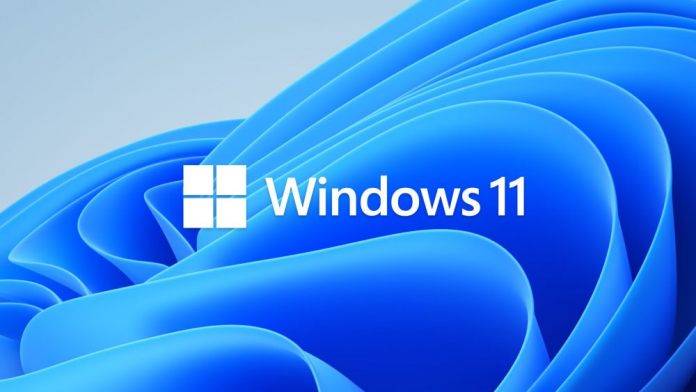Microsoft has announced the expansion of its Voice Clarity feature to all Windows 11 computers equipped with x64 processors. Initially reserved for ARM64 devices like the Surface Pro 9 5G and Surface Pro X, the enhancement is slated to benefit a broader user base. The feature is now accessible through Windows 11 Canary Channel build 26040 and offers real-time voice improvements during calls.
Improving Communication on Windows
Voice Clarity functions discreetly in the background, deploying “low complexity AI models” to diminish background noise, neutralize echo, and alleviate reverberation effects. Its integration with the Communications Signal Processing Mode allows it to work universally with applications that utilize this framework, which includes voice chats in widespread gaming platforms. Users can now enjoy improved voice experiences, courtesy of Voice Access, without depending on individual app developers to adopt the functionality. Moreover, developers still retain the option to include a customizable setting to switch AI models for voice communications.
Future-Proofing with AI Technologies
The Voice Clarity enhancement is part of a suite known as Windows Studio Effects, a repertoire of capabilities that utilize machine learning algorithms and normally require a dedicated Neural Processing Unit (NPU). Additional features include video background blurring, eye contact simulation, auto framing, and voice quality adjustments. With the latest Windows 11 build, users lacking NPUs can experiment with select enhancements.
Technology leaders Microsoft, Qualcomm, AMD, and Intel are gearing up for a future dominated by AI-driven computing experiences. A new era of personal computers boasting dedicated AI processors is on the horizon, with a rollout expected later this year. Furthermore, Microsoft anticipates unveiling a fresh Windows iteration replete with revolutionary AI functions.
Although some features will be backward compatible with existing devices, the most advanced capabilities will be specially tailored for the newest hardware fitted with cutting-edge processors. Within the industry, there is speculation that the standard for AI-equipped PCs may gravitate towards a minimum requirement of 16GB of RAM.






